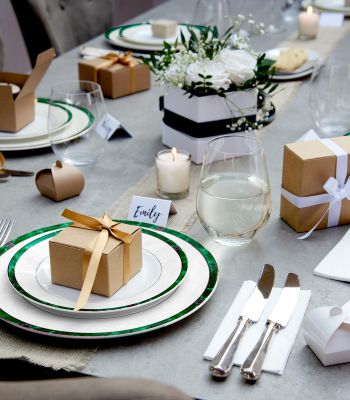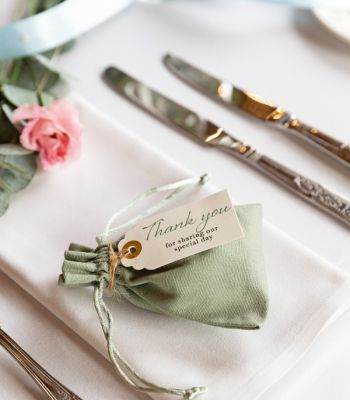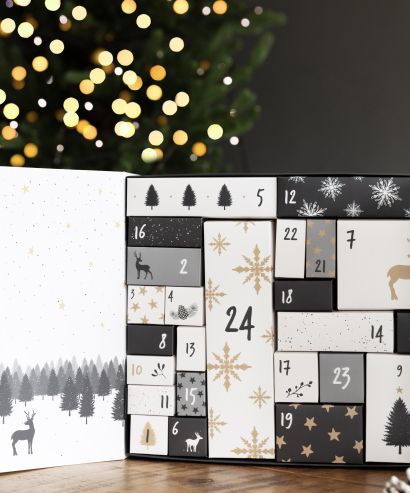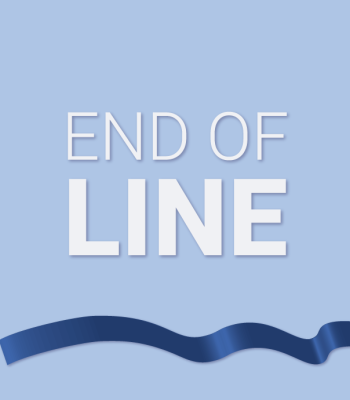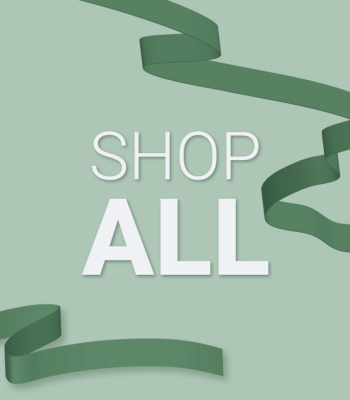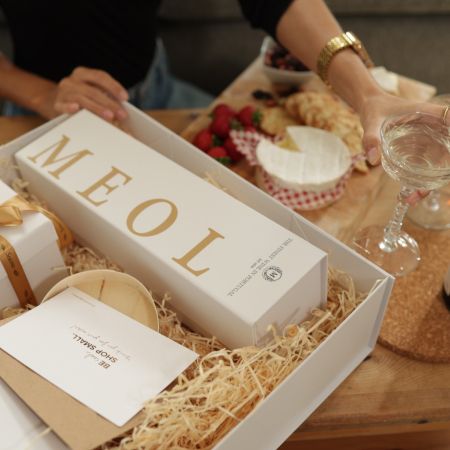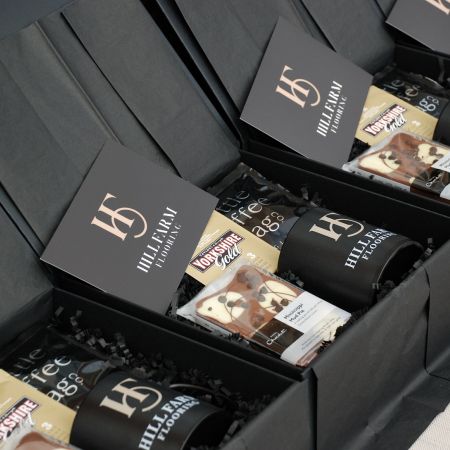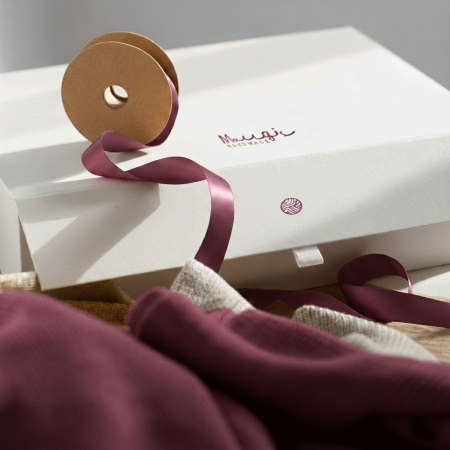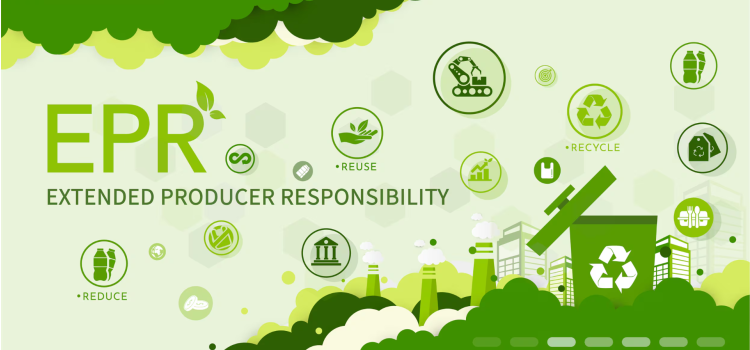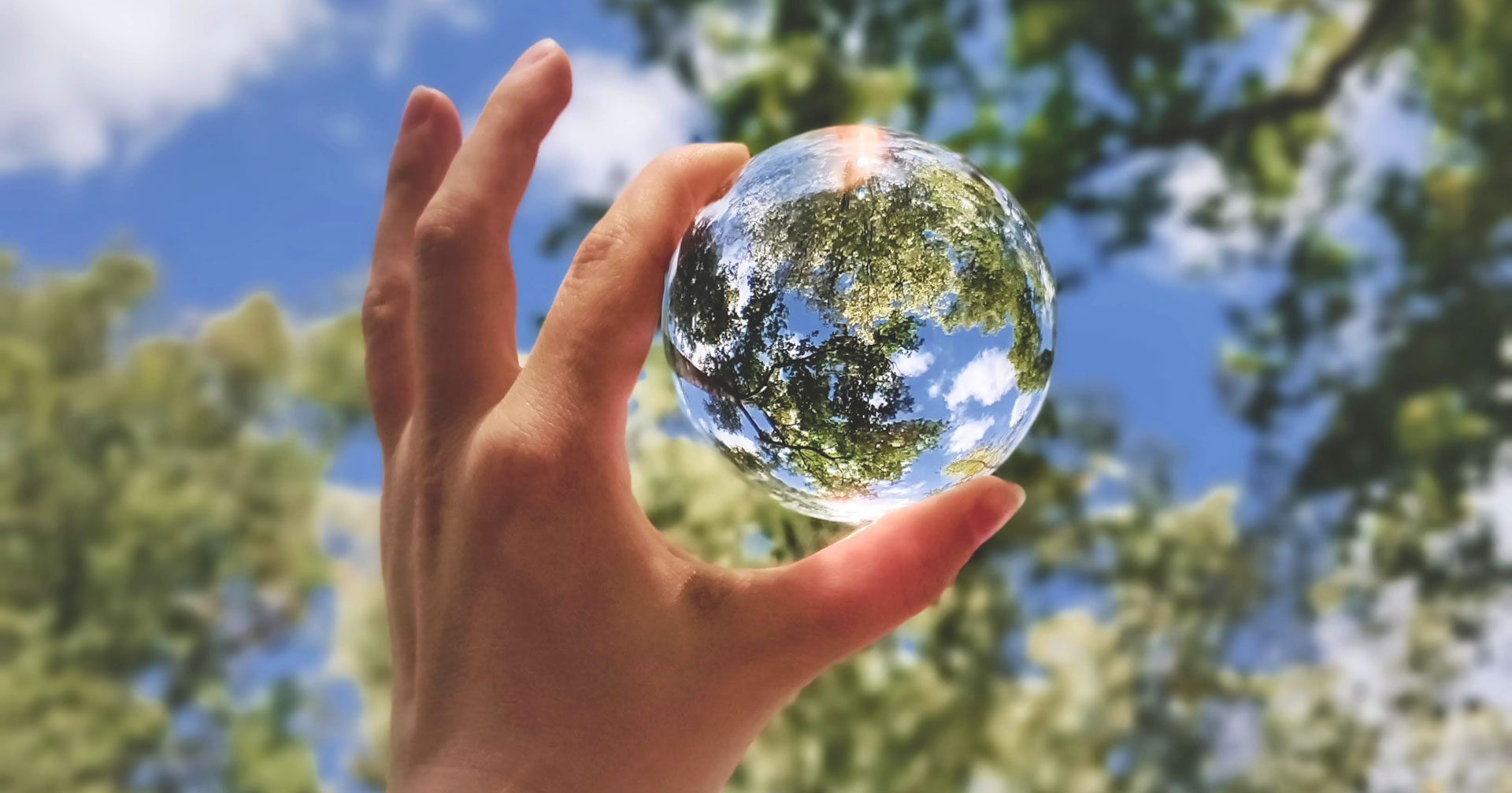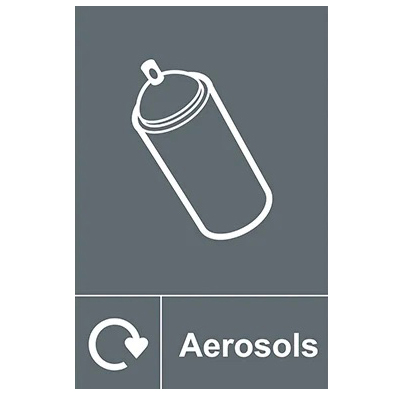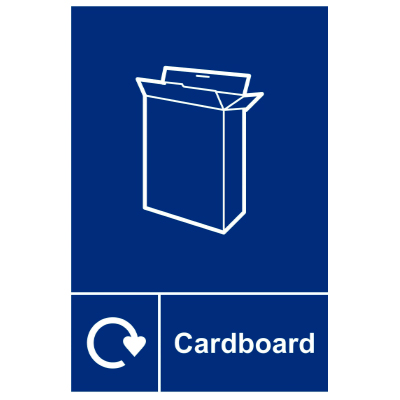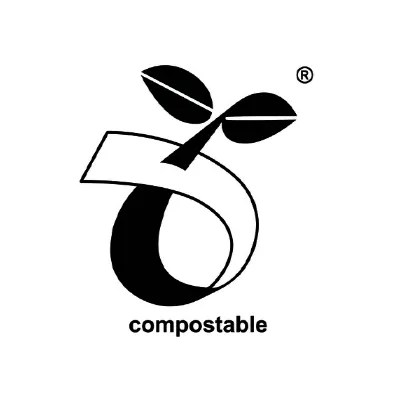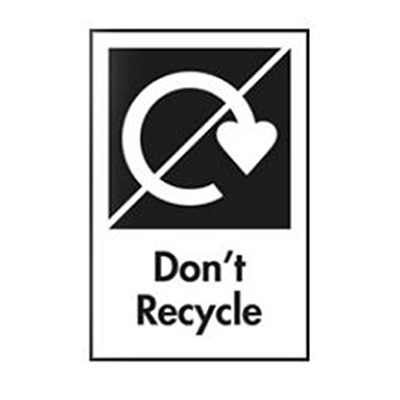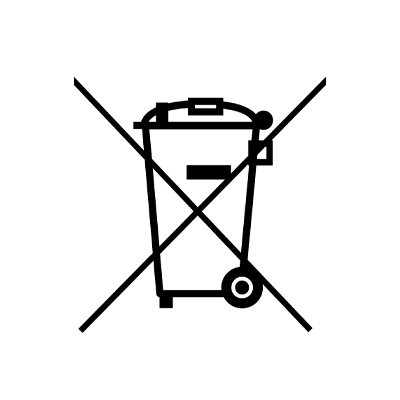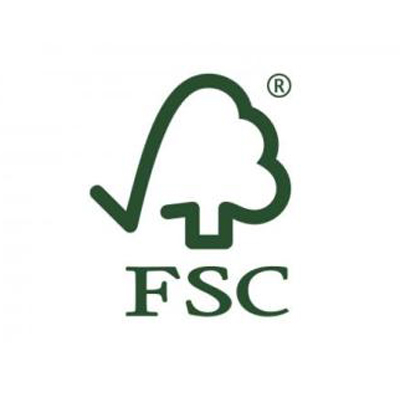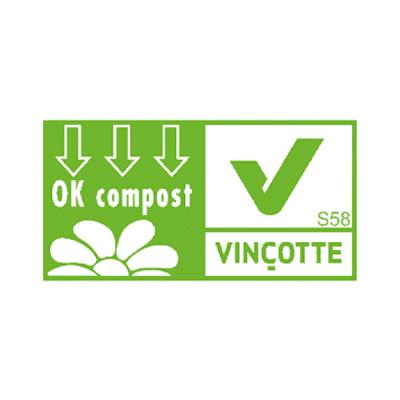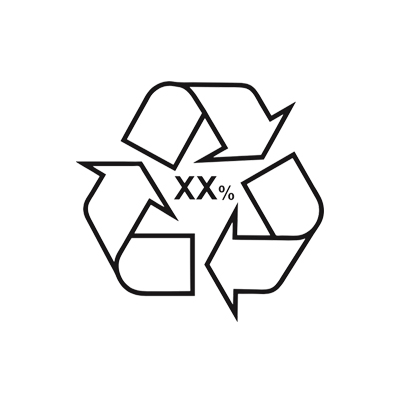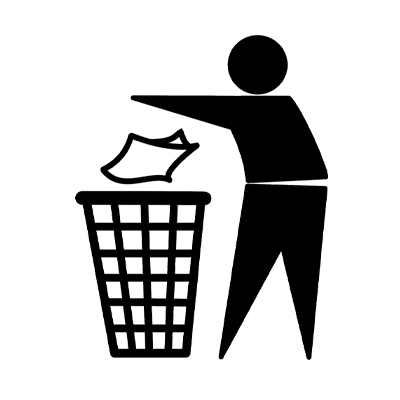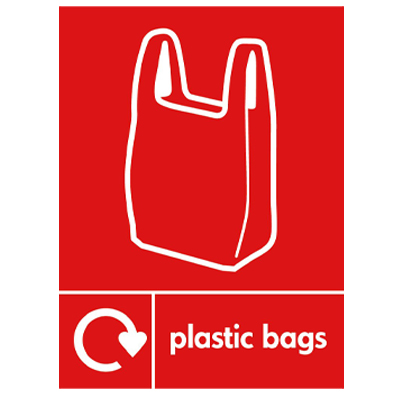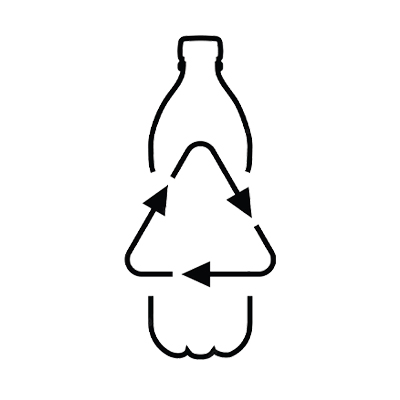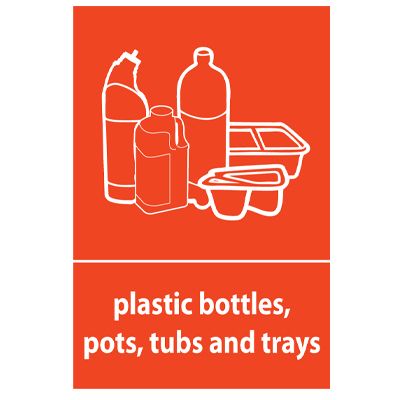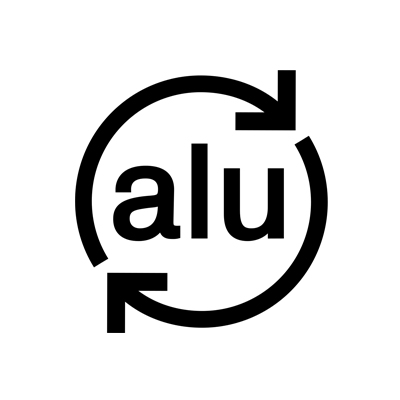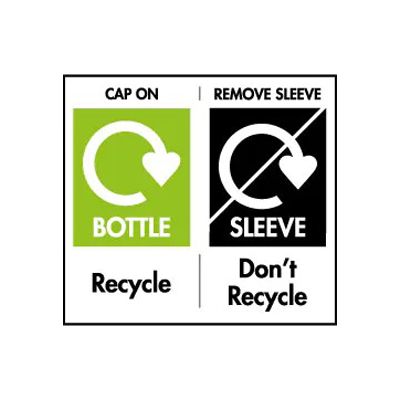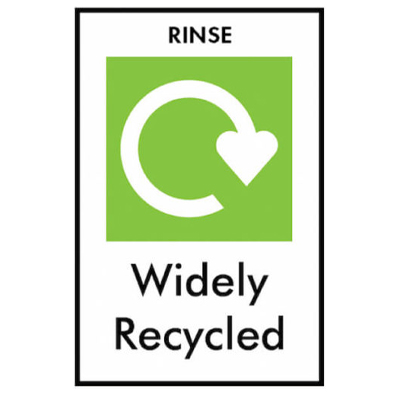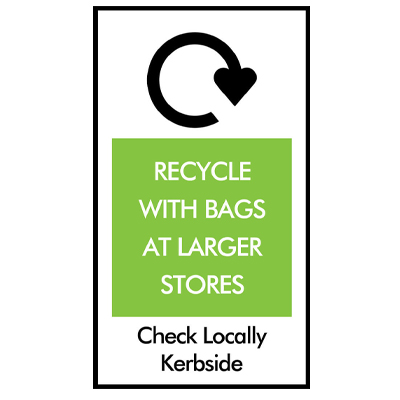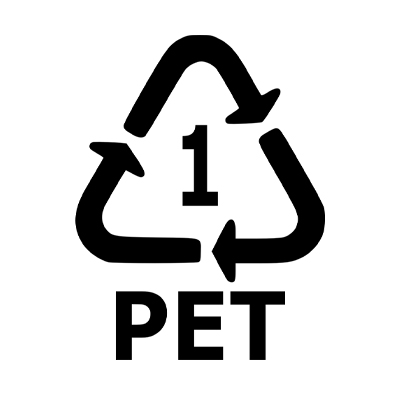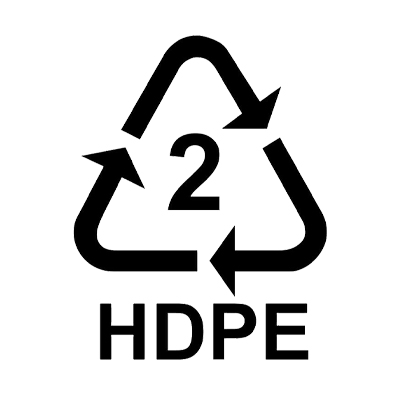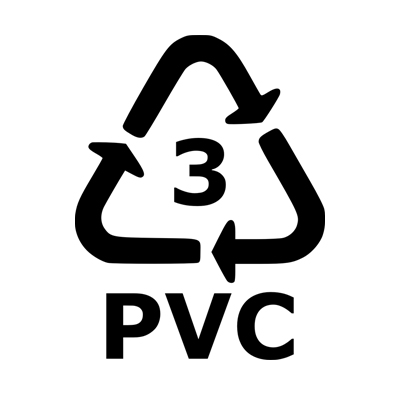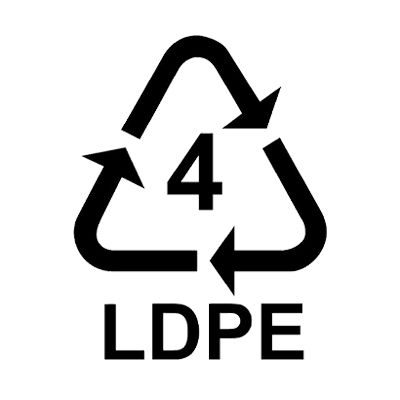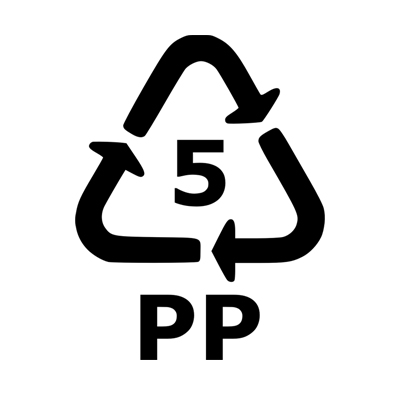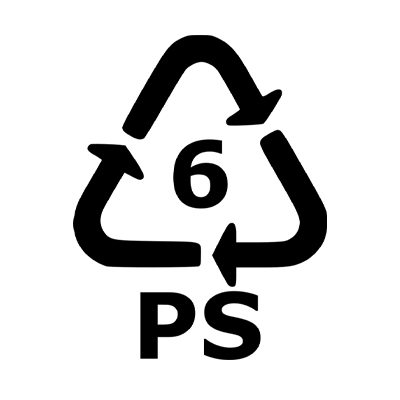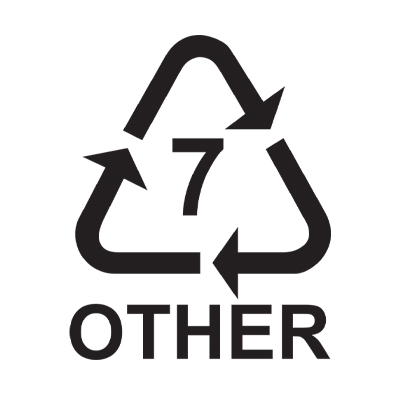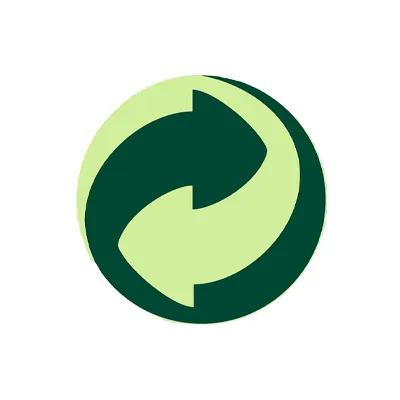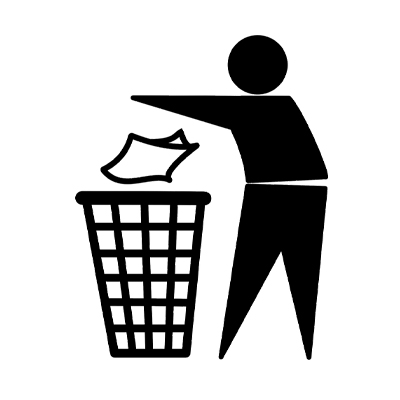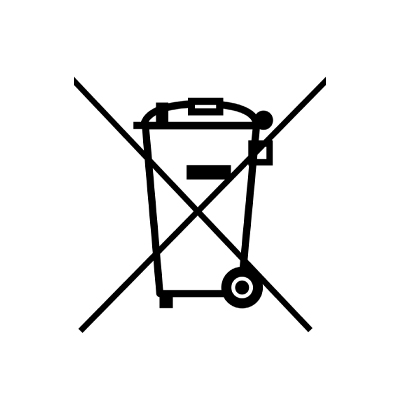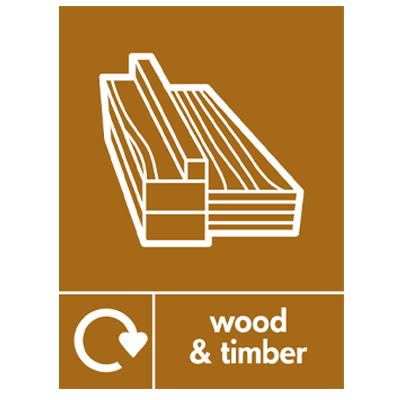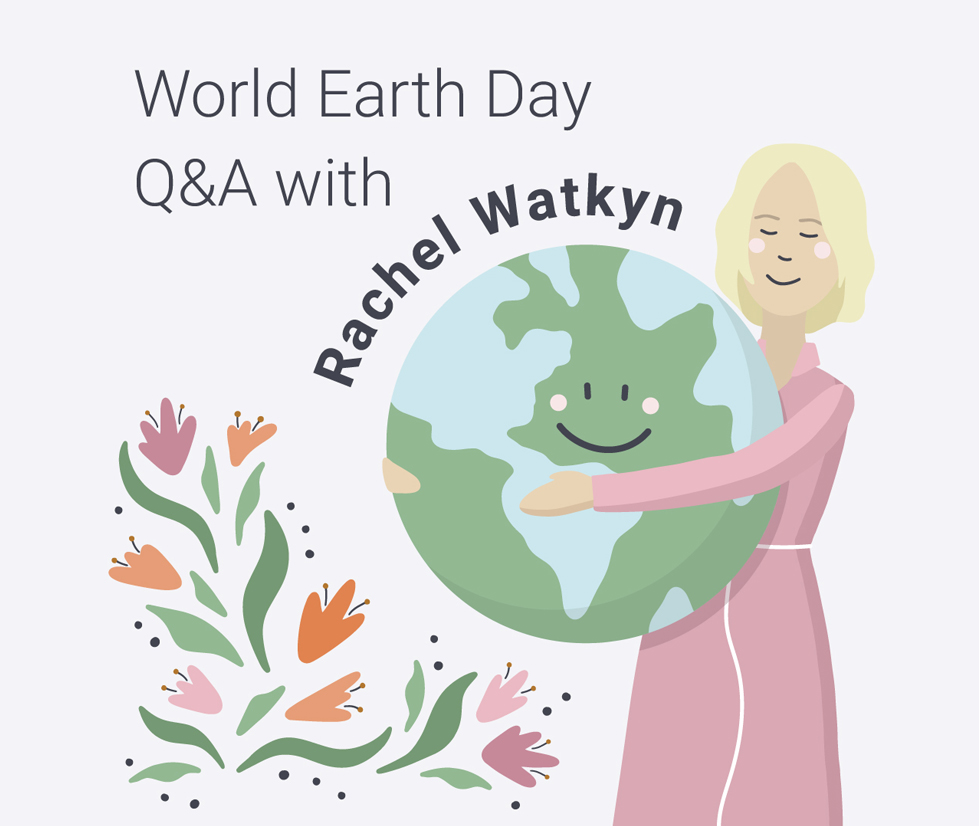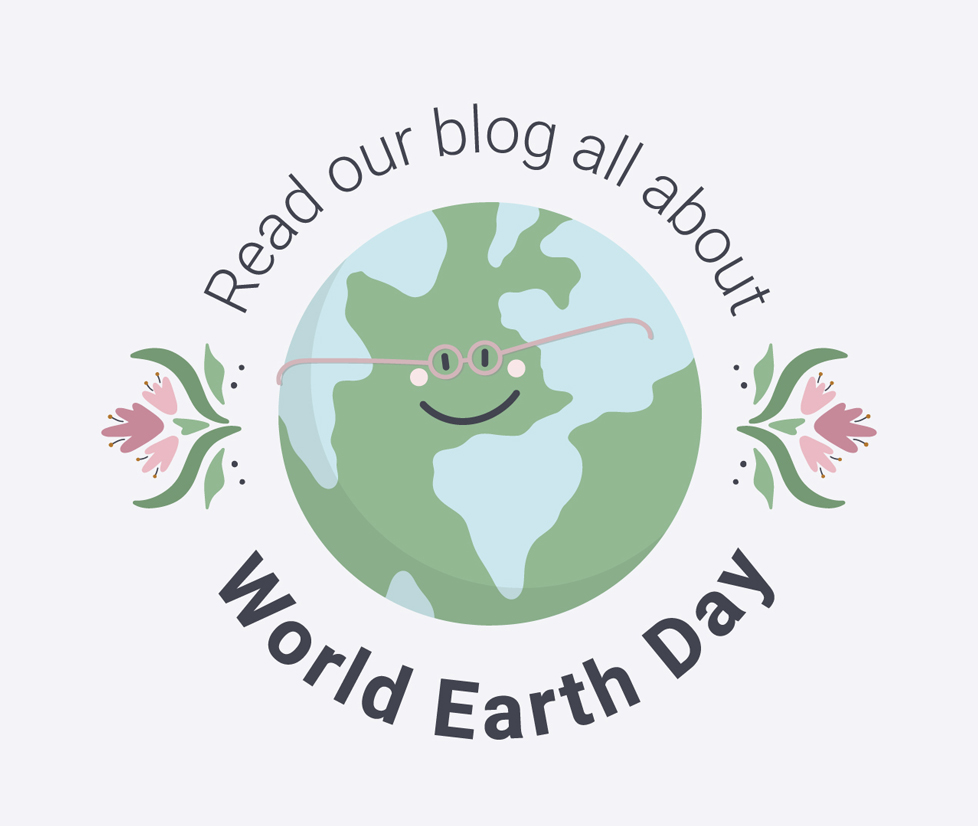Eco Symbol GlossaryEver looked at the back of your dinner packaging to find a bunch of symbols that mean nothing to you? Ever stood at the recycling centre with your head in your hands wondering where on earth you're supposed to put anything? Alongside our blog on eco symbols (which you can find here) we've compiled a glossary of both municipal and commonly used independent recycling symbols, as well as symbols that indicate other materials or disposal methods.
Aerosols Around 60% of Aerosol cans are made from tinplated steel, and approximately 40% are made from aluminium, which is great because both of these metals are recyclable! Important to note when recycling Aerosols!
Cardboard Recycling Cardboard can be recycled at home or a recycling centre. These items include:
Important to note when recycling Cardboard!
Compostable Packaging Items with the 'seedling' logo are certified to be industrially compostable according to the European standard EN 13432/14995. Important to note with compostable packaging!
Don't Recycle If you see this symbol your item cannot be sorted, processed and recycled into new packaging or products.
Electrical Items A number of electrical items can be recycled at a recycling centre. Items that qualify for this are:
Important to note when recycling electrical items!
FSC® Items that feature the The Forest Stewardship Council/FSC® logo indicate that wood-based products have come from forests that have been responsibly managed and meet high environmental standards.
Glass When recycling glass containers, take them to a bottle bank to dispose of. Important to note when recycling glass!
Home Compostable Packaging If you see this symbol you can put your item into your home compost bin to naturally decompose.
Mobius Loop with a percentage Items with the Mobius Loop with a percentage symbol indicate the amount of recycled material used and that the item can be recycled but may not be accepted in all recycling collection systems. This symbol is shown with a percentage symbol in the middle to explain the percentage of recycled materials that the packaging contains.
Paper Recycling Paper items can be recycled in your home recycling bin or at a recycling centre. These paper items include:
Plastic Bags & Wrapping Plastic bags and wrapping can both be recycled at home or at a recycling centre. These items include:
Plastic Bottles Plastic bottles can be recycled at home as well as at a recycling centre. These items include:
Important to note when recycling plastic bottles!
Plastic Pots, Tubs & Trays Plastic pots, tubs and trays can both be recycled at home and in a recycling centre. These items include:
Important to note when recycling plastic pots, tubs and trays!
Recyclable Aluminium If you see this symbol on your packaging it indicates that it has been made from recyclable aluminium. These items can be placed into an aluminium or mixed metal recycling container.
Recycle If you see this symbol on your packaging it indicates that an item can be recycled and made into new packaging or products. Please see other points for specific recycling measures.
Recycle - Bottle Cap On - Don't Recycle - Remove Sleeve If you see this symbol on your packaging it indicates that components of packaging need to be separated before disposing of them. For example, you may see this symbol on a product with an added sleeve or film liner, simply remove this and recycle or dispose of separately.
Recycle - Rinse If you see this symbol on your packaging it indicates that you need to fully rinse your packaging of any excess food or liquid before recycling. Recycling items with food and liquid in/on can contaminate other items in the recycling process.
Recycle - Rinse - Lid On If you see this symbol on your packaging it indicates that you need to fully rinse your packaging for any excess food or liquid before recycling, as well as keeping the lids on your packaging. This is due to some caps and lids beeing too small to recycle on their own.
Recycle with Bags at Large Supermarkets - Don't Recycle at Home If you see this symbol on your packaging it indicates that you can only recycle your bags at a large supermarket with a recycling bag facility, these cannot be recycled with your normal home recycling. These items include:
Recycling 1 - PET (Polyethylene Terephthalate) PET (polyethylene terephthalate) is most commonly used for drinks bottles and some food packaging. PET is an inexpsenive, easy and lightweight material to recycle.
Recycling 2 - HDPE (High Density Polyethylene) HDPE (high-density polyethylene) is used for a variety of items and packaging. HDPE is easily recyclable into lots of different products.
Recycling 3 - PVC (Polyvinyl Chloride) PVC (polyvinyl chloride) is a tough and weather well material, most commonly used for car parts or window fittings. PVC is a cheap material but contains chlorine which if burned releases highly dangerous toxins.
Recycling 4 - LDPE (Low Density Polyethylene) LDPE (low-density polyethylene) is mainly used for plastic bags and wrapping. LDPE is a flexible plastic that is starting to be accepted in many recycling programs.
Recycling 5 - PP (Polypropylene) PP (polypropylene) is made into tubs and trays. PP has a high melting point which is why it's most suitable for items that contain a liquid that can be heated.
Recycling 6 - PS (Polystyrene) PS (polystyrene) is used for takeaway boxes, disposable cutlery and shipping packaging. PS is not an easily recyclable material which is why there are many alternatives to using polystyrene, see our packaging accessories here.
Recycling 7 - Other If you see the symbol Recycling 7, this applies to any miscellaneous products that do not fit into the other 6 categories. Types of plastics that fall into this miscellaneous category are:
The Green Dot If you see 'The Green Dot' symbol this means that the producer of this item has financially contributed towards the recovery and recycling of packaging across Europe. This does not mean that the item itself has been recycled or is recyclable. Check for other symbols to see whether any of the 7 appear on your item.
Tidyman If you see the 'Tidyman' symbol this is a reminder to not litter and dispose of your packaging/item appropriately.
Waste Electricals If you see this symbol then you should not dispose of your electrical items in your normal waste bin. These can be recycled at your local recycling centre, or via some retailers. These specific places can be contacted for more information.
Wood Recycling Wood and timber can be recycled at a recycling centre.
|

